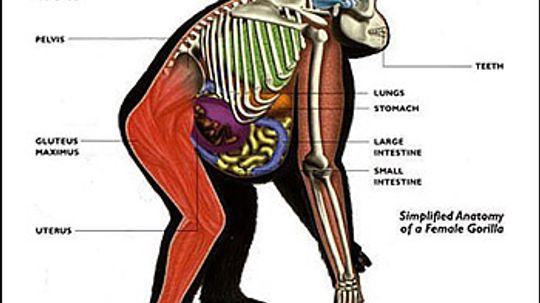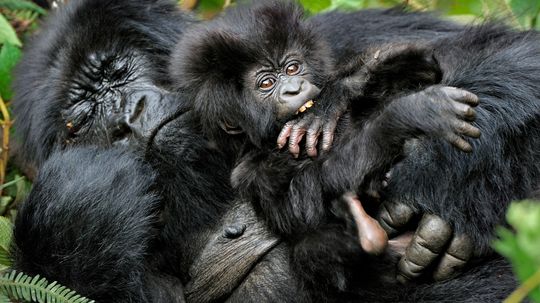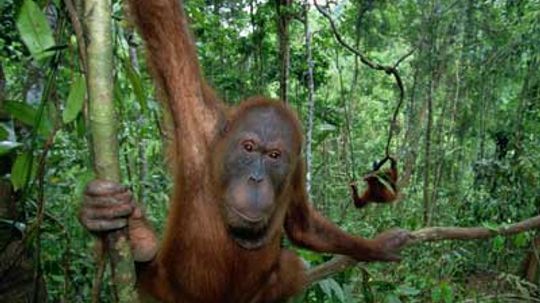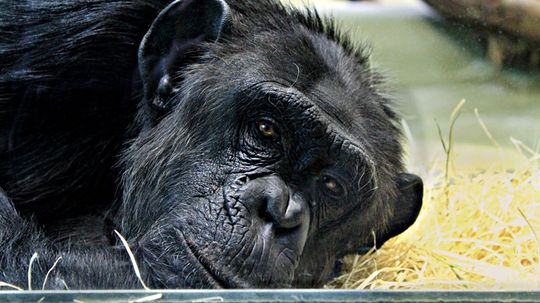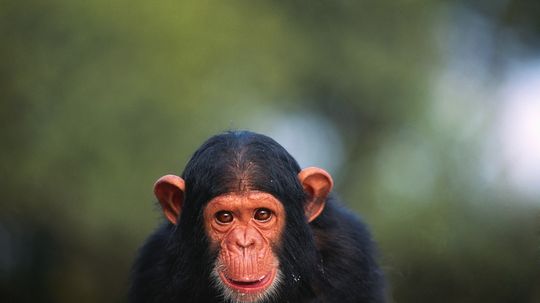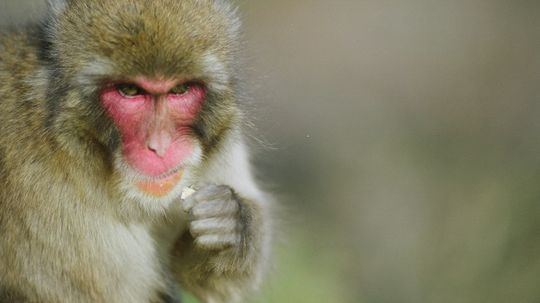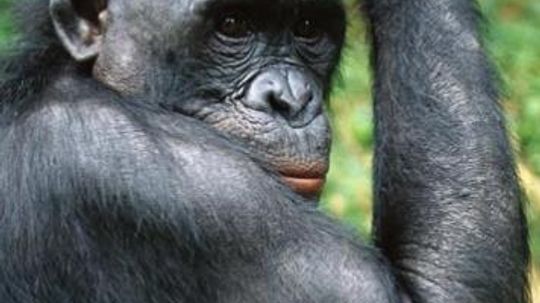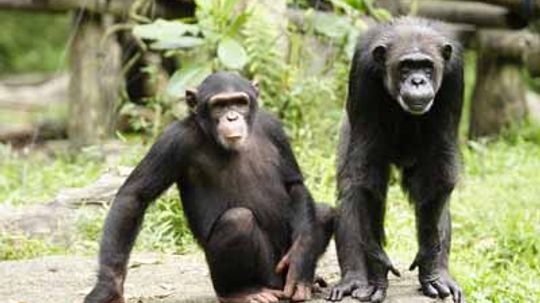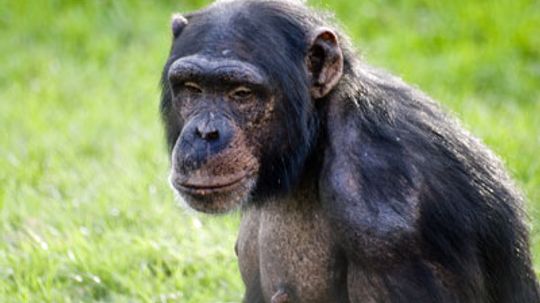Primates
Primates are placental mammals that include gorillas, monkeys and chimpanzees, as well as humans. Other than humans, primates are found mostly in Central and South America, Africa, and South Asia.

What Is a Group of Otters Called? The Official Terms Are Adorable
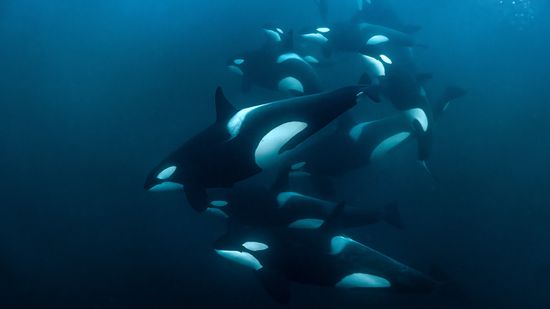
What Is a Group of Orcas Called? Not a School or a Squad But A...
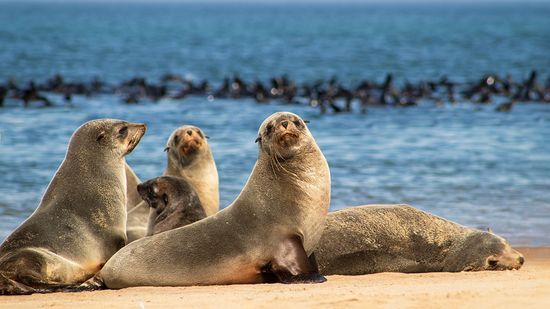
What Is a Group of Seals Called? Depends Where It Is
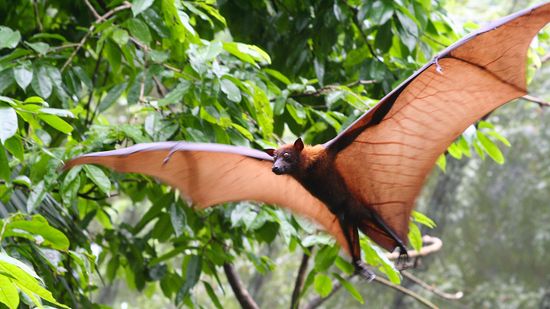
The Largest Bat in the World Has a Wingspan Over 5 Feet
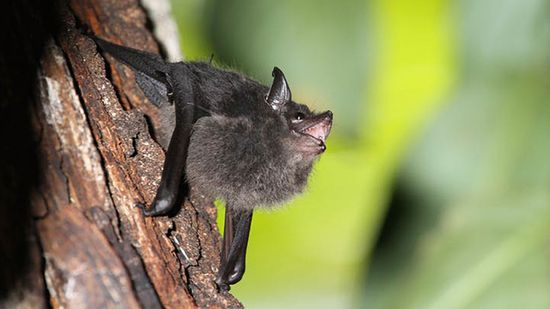
Baby Bats Babble With Moms, Hinting at Human Language Development
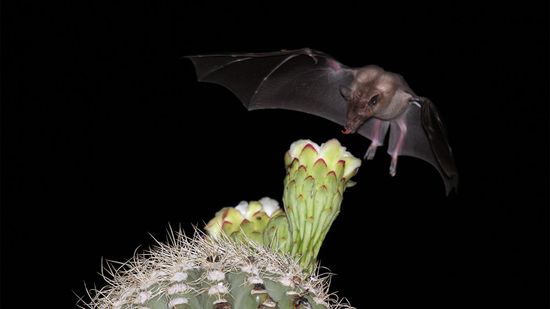
Fruit Bats Are the Best Pollinators (and Suppliers of Tequila)

What Is a Group of Pandas Called? We're Blushing

What Do Pandas Eat (Other Than Bamboo)?
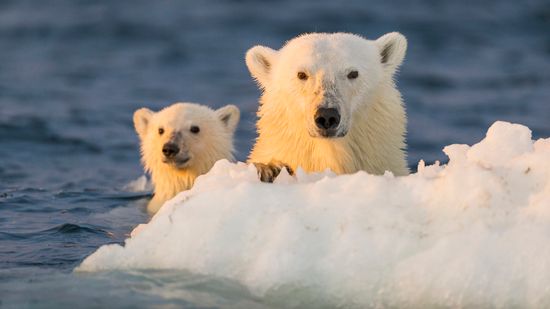
Polar Bear vs. Grizzly Bear: Which Bear Is Bigger and Tougher?

What Is a Group of Ferrets Called? You're Such a Busybody
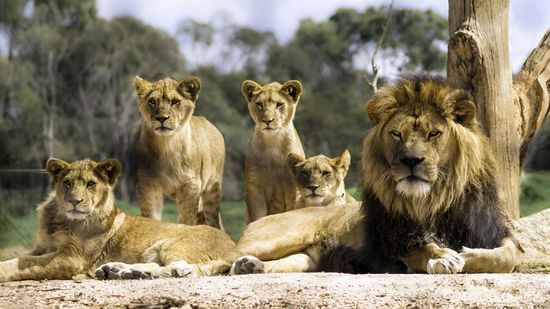
What Is a Group of Lions Called? 'Pride Rock' Makes So Much Sense Now
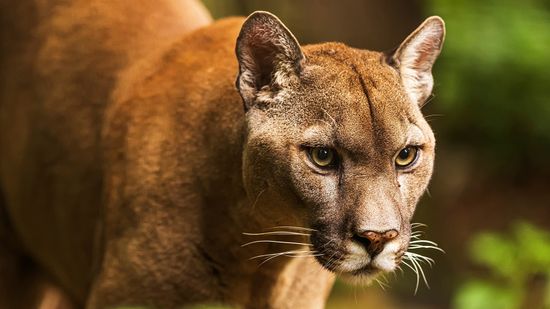
Panther vs. Cougar: Different Names for the Same Cat
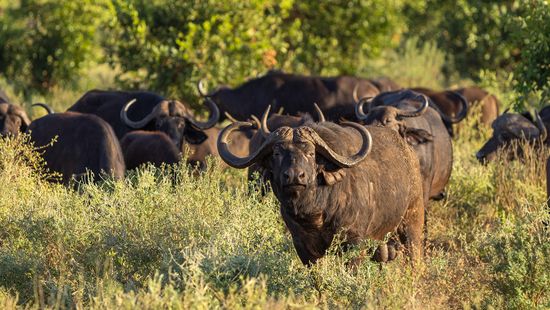
What Is a Group of Buffalo Called? Hint: It Also Applies to Bison
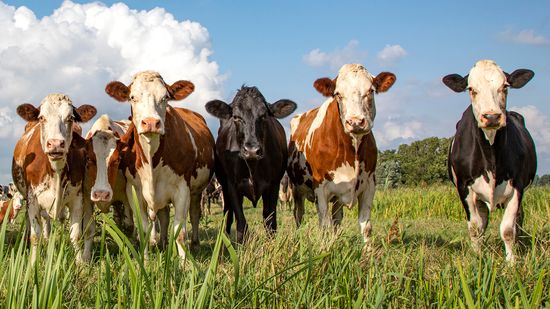
What Is a Group of Cows Called? Not Always a Herd

What Is a Group of Sheep Called? Not Necessarily a Herd
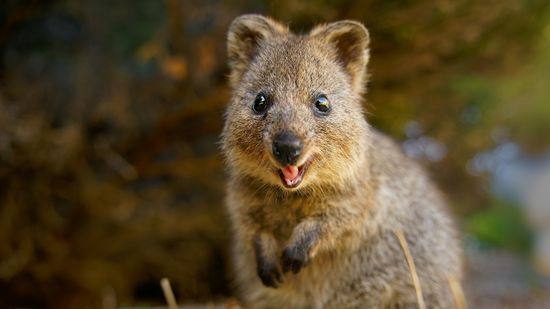
The Happiest Animal on Earth Is the Quokka
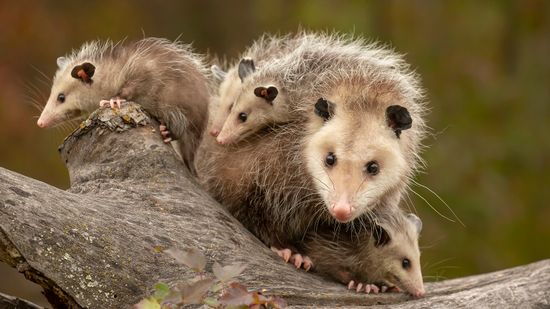
What Do Possums Eat? Most Things, It Turns Out
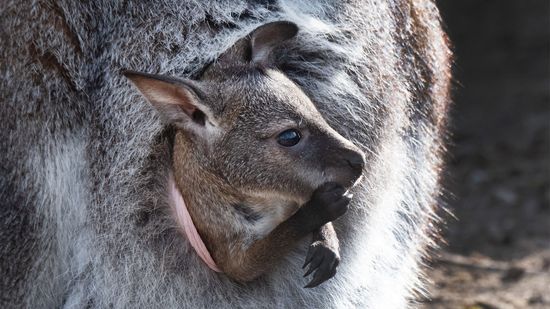
What's It Like Inside a Kangaroo's Pouch?
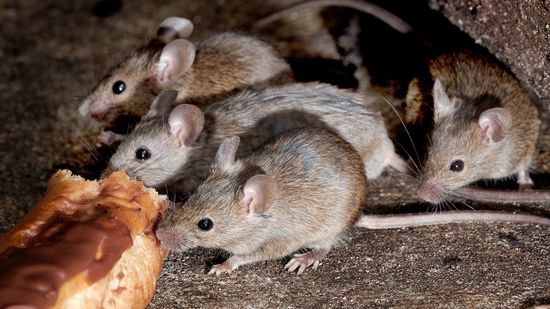
What Is a Group of Mice Called? Not Always a Colony
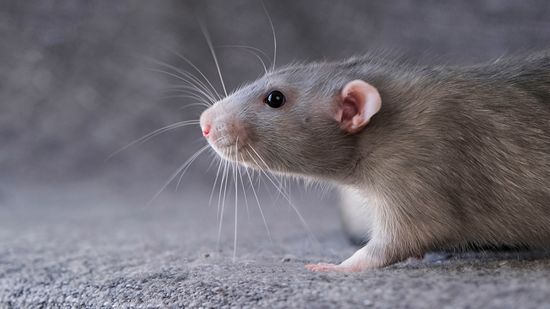
Rat Poop vs. Mouse Poop: Important Differences for Pest Control
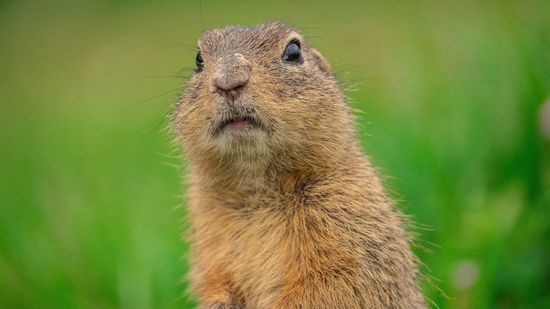
Groundhog vs. Gopher Habits and Identification

What Is a Group of Hedgehogs Called? It's Adorably Appropriate

What Is a Group of Skunks Called? Here's Why You've Never Asked Before

What Is a Group of Raccoons Called? It's Surprisingly Elegant
Learn More / Page 2
Like most mammals, this female gorilla has four limbs and a strong skull to protect its large brain. As well, its thoracic cavity contains a four chambered heart and a pair of lungs.
A long, long time ago, lemurs lived all over the world. But something happened to kill them off - everywhere except in Madagascar. How did the island protect them from extinction?
Besides our genetic similarities, gorillas also share our love of getting a good night's sleep -- except that their alarm clocks come in the form of dangerous predators and poachers.
Advertisement
Orangutans might be the most low-key of the world's apes, but that doesn't mean they don't like to socialize. So are these redheads miscast as loners, or are orangutans introverts?
Their genetic similarity to humans makes chimps great subjects for medical research. But some countries are banning this research because these apelike similarities are a little too close for comfort.
So far, "Planet of the Apes" is pure fiction. But are chimps capable of learning human language (and eventually taking over the world)?
Animals may not have access to spice racks, but does that mean they don't enjoy flavorful meals? Have Japanese monkeys discovered the joy of cooking, or is this a culinary myth?
Advertisement
Monkeys and apes have lots of similarities, but they're not the same animal. In a lot of ways, it all comes down to the tail.
Until now, no one has documented a definite case of chimpanzees using tools to hunt in the traditional sense. Find out what a new study on chimpanzees may reveal about human evolution.
By Julia Layton
Did you know you conserve energy every time you walk across a room? You do, in evolutionary terms at least. Find out how and why humans began walking upright and what this has to do with our body's energy use.
